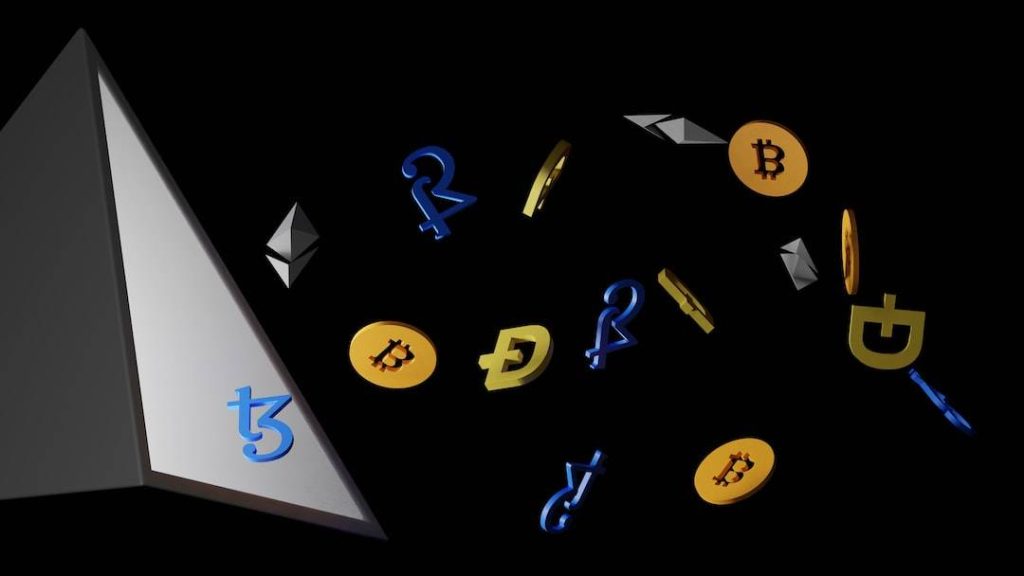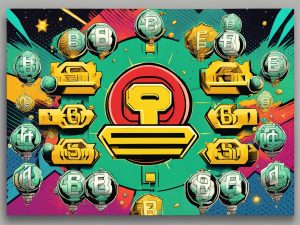Pro-XRP Lawyer Breaks Down Legal Developments in Ripple vs. SEC Case
In a series of tweets, pro-XRP lawyer Bill Morgan provides a comprehensive breakdown of the legal developments in the Ripple vs. SEC case. He focuses on Judge Torres’s ruling and highlights the underlying principles and considerations.
Main Breakdowns:
- Judge Torres categorized the three types of XRP sales based on the SEC’s classification, not arbitrarily.
- The judge’s approach was rooted in efficiency and fairness, analyzing each category based on distinct parameters.
- There were significant differences between institutional and programmatic sales, including contracts and profit expectations.
- Judge Torres’s evaluation revealed different outcomes for reasonable investors in each sales scenario.
- Bill Morgan concludes that Judge Torres’s reasoning aligns with the presented facts in the case.
John E Deaton Supports Morgan’s Analysis
John E Deaton, Founder of CryptolawUS, commends Bill Morgan’s breakdown of Judge Torres’s ruling. He emphasizes that the judge applied the SEC-defined categories systematically to the Howey test. Deaton expresses confidence in the ruling’s integrity and expects it to withstand any appeal.
Collaborative Nature of the Crypto Legal Community
The conversation between Morgan and Deaton highlights the collaborative nature of the cryptocurrency legal community. Experts like Morgan and Deaton provide in-depth analysis and support each other’s perspectives, contributing to a better understanding of the legal developments in the Ripple vs. SEC case.
Hot Take
Bill Morgan’s breakdown of Judge Torres’s ruling provides valuable insights into the complexities of the Ripple vs. SEC case. His analysis, supported by John E Deaton, reinforces the strength of Judge Torres’s reasoning and sets a confident tone for the potential outcome of the case. The collaborative nature of the crypto legal community demonstrates the depth of expertise and dedication to understanding the legal landscape in the cryptocurrency industry.





 By
By
 By
By
 By
By
 By
By
 By
By
 By
By